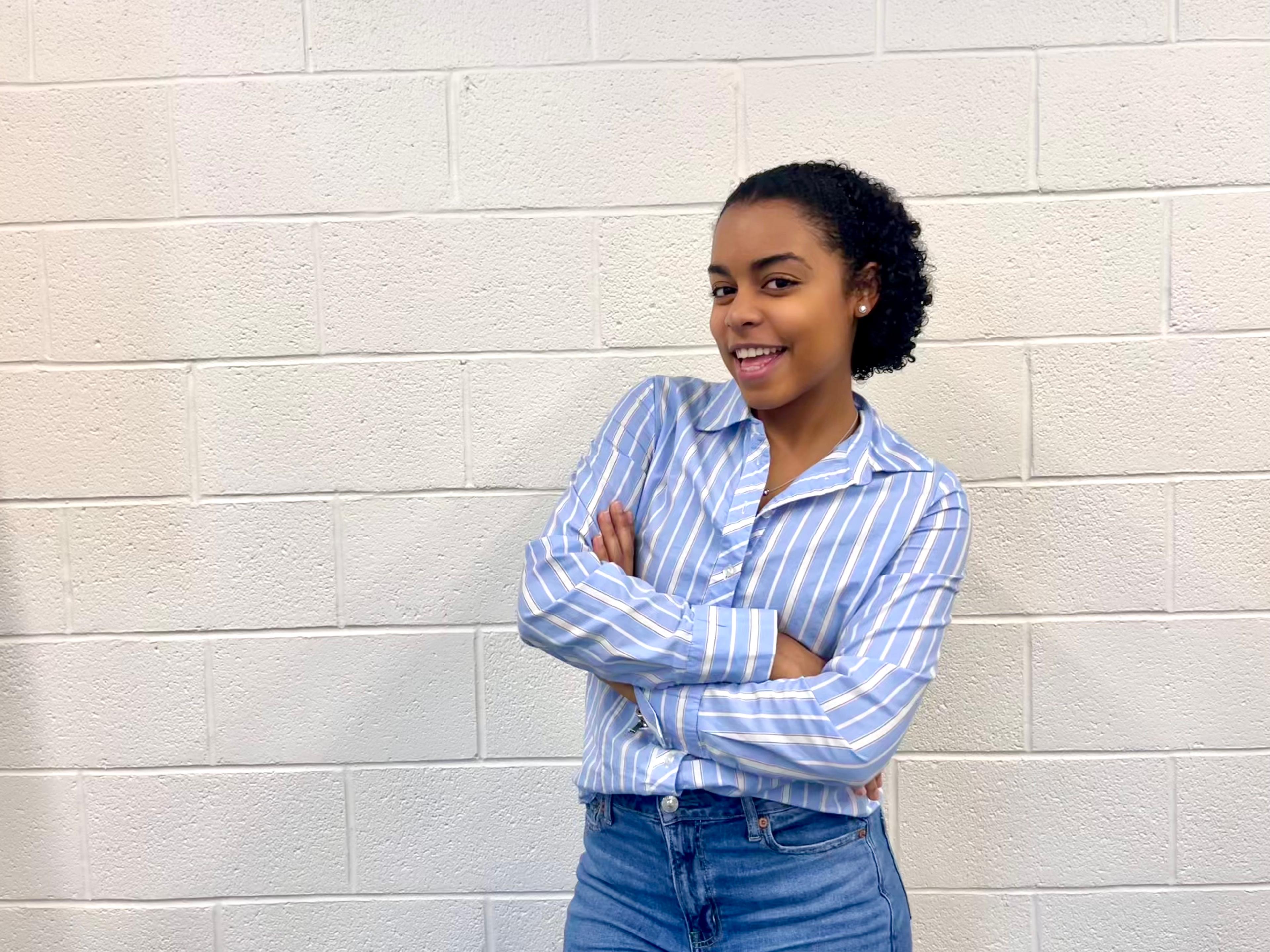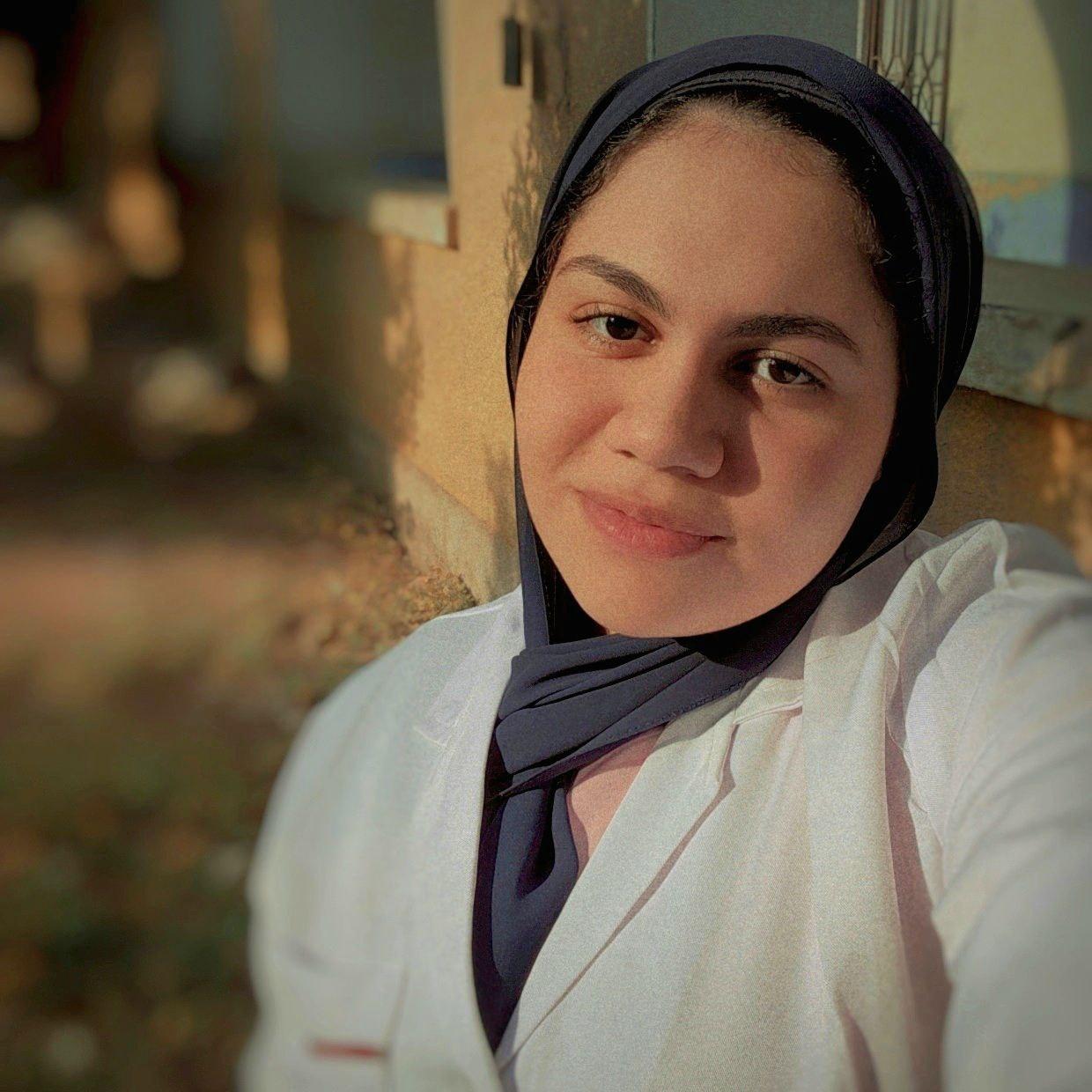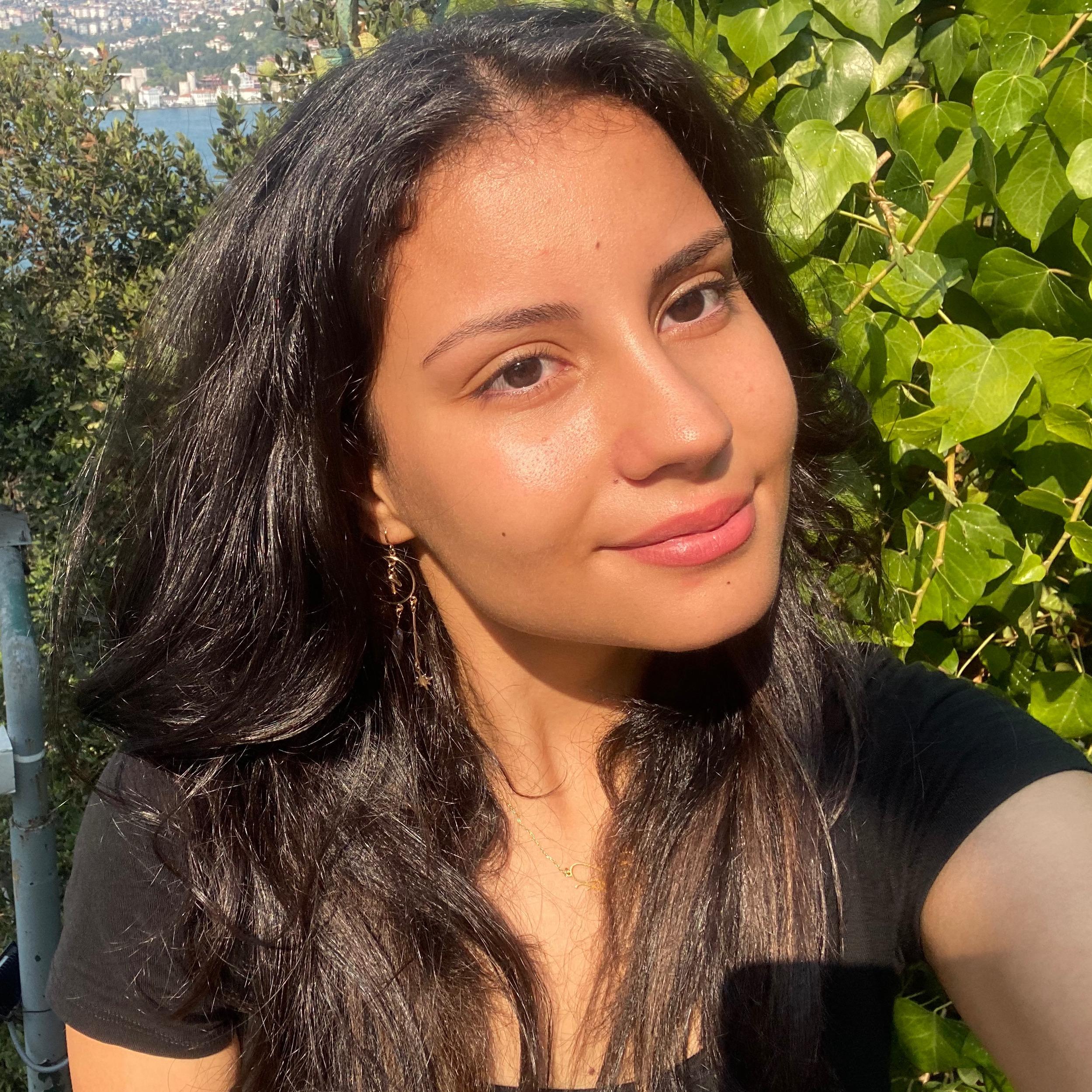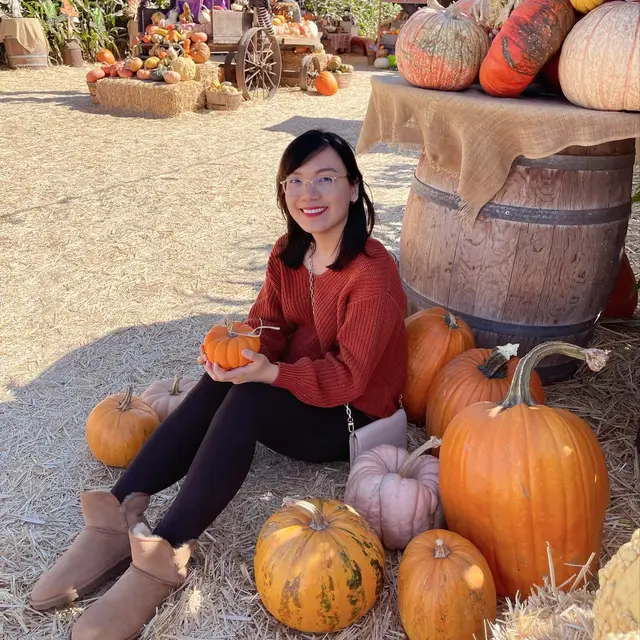The Heart of Impact: Research Scholarship Stories from Polygence Scholars
7 minute read
Some questions are born in classrooms. Others are born in lived experiences, in late-night power outages, in unspoken mental health struggles, or in polluted coastlines that once looked like home.
At Polygence, we have seen how high school students carry these questions quietly until one moment invites them to explore them more deeply. That moment, for many, is the Research for Impact Scholarship. It is more than a funding opportunity, but a space where students discover that their voice, their story, and their research can lead to real impact, improving their education and the world’s.
This is the story of three of our high school students: Carla, Hanan, and Elif. Each of them turned a personal challenge into an impactful project. Their paths are different, but all of them began the same way: with a question they could not ignore and the impact they hope to bring.
When Power Fails, Curiosity Begins: Carla’s Story
Carla Carvajal grew up in the Dominican Republic, where frequent power outages shaped how she understood the world around her.

“Studying under the warm lamp that my mother kept for nights when the power failed, sleeping with the windows open due to the sweltering heat, and the endless laughs with my siblings when I sat in the front yard until the power came back are vivid reminders of the challenges my country faces—challenges that fueled my drive to spark change.”
That drive led her to an engineering research question she could not ignore: How could her country build a stronger and more reliable energy system?
Through the Research for Impact Scholarship, Carla focused on how microgrids, small local electricity networks, could strengthen energy resilience across the Dominican Republic. Her research explored how these systems could reduce the impact of natural disasters such as hurricanes, floods, and earthquakes, while also supporting the country’s growing renewable energy efforts. She examined the current infrastructure, identified gaps, and proposed ways to improve emergency energy mapping tools to better prepare for future climate-related risks.
With support from her Polygence mentor, a PhD candidate at Stanford University with a deep commitment to sustainable energy, Carla gained both technical knowledge and the confidence to pursue bold ideas. The mentorship encouraged her to approach the project not just as research with the opportunity for awards, but as a contribution to the future of her country.
Spark Curiosity with Renewable Energy Projects
☀️ Turn your child’s curiosity into confidence! Explore engaging renewable energy projects that develop real-world problem-solving skills.
Exploring the Mind: Hanan’s Research on Mental Health
While Carla’s story began with a visible problem, Hanan Sheha’s journey started with something harder to explain. She had long experienced something called maladaptive daydreaming, a condition where vivid, immersive fantasies can interfere with daily life. For years, she kept it to herself, unsure of what it was or how to talk about it.

That changed when she began speaking about it more openly. What started as a quiet admission in a small setting turned into a moment of connection. Friends, classmates, and even teachers shared that they too had experienced something similar. The questions she had once scribbled in the margins of her notebooks were no longer just for her. They were part of something bigger.
With support from the Research for Impact Scholarship, Hanan turned those questions into a research project. She studied the psychology of maladaptive daydreaming and created a new framework to categorize it, something that had not been done before. At first, the idea felt too bold. She questioned whether she was the right person to take it on. But she kept going, driven by curiosity and a desire to better understand a condition that had shaped her life, and found a mentorship in psychology to cultivate her knowledge.
Her mentor, a researcher in clinical psychology and cognitive neuroscience, helped guide her through the complexity of turning personal experience into structured research. Together, they worked to ground the project in science while staying connected to the real-world impact it could have. This project was not just about defining a condition. It was about breaking the silence and bringing something hidden into the light.
“Polygence changed my life. It gave me the courage to think bigger, to question more, and to believe that I can cause a change much more significant than my being.”
A Sea That Would Not Stay Silent: Elif’s Environmental Research
Elif Çiçek’s question came from the sea. Near her home in Turkey, she witnessed the Marmara Sea covered in thick layers of mucilage, a clear sign of environmental crisis. It was upsetting to watch, but what stayed with her most was the lack of response. She began to wonder why these issues kept happening and what role government policies played in allowing them to continue.

With guidance from her Polygence mentor, a senior climate analyst with a Master of Public Administration from Cornell University, Elif decided to explore environmental research ideas by studying plastic waste policy in Turkey. It was her first time taking on a formal research project, and it came with challenges. But with patience, feedback, and determination, she completed a well-structured paper that proposed ways to improve current regulations and better manage plastic waste.
“Polygence was my first research project, and it was a major step for me. I poured my passion into it... It was about taking a real step toward the sustainable change I’ve always wanted to contribute to.”
This project gave Elif something more than academic experience. It showed her that research is not just for professionals in white coats or government offices. It can also be a tool for students who care deeply about their communities and want to take a step toward real, lasting change.
Making a difference starts with you
Interested in Environmental Science? We'll match you with an expert mentor who will help you explore your next project.
A Shared Education Thread
Carla, Hanan, and Elif come from different parts of the world. Their interests, stories, and challenges are not the same. But if you look closely, their journeys are connected by one thread: the desire to understand something deeply personal and to turn that understanding into meaningful impact—for their communities, for others like them, and for the future they hope to shape.
Each of them began with a quiet question. Carla asked how her country could build a more reliable energy system. Hanan asked how to bring visibility to a mental health struggle that few people talk about. Elif asked how to hold environmental policies accountable in the face of a crisis.
These questions did not come from textbooks. They came from lived experiences. What started as personal reflection turned into research projects with the potential to reach classrooms, communities, and public conversations. That is what the Polygence Research for Impact Scholarship is all about. It creates space for students to explore who they are, ask meaningful questions, and turn those questions into something lasting.
Research does not always begin with a perfect plan. Often, it starts with a memory. A problem. A story. What matters most is the decision to follow that question, to stay curious, and to see where it leads.
More Than a Research Scholarship Program, A Belief in Potential
Carla, Hanan, and Elif each carried a powerful idea. But they also shared something else in common. None of them could have joined Polygence without full financial support. The scholarship did more than open a door. It affirmed that their questions, their stories, and their potential mattered.
Since completing their high school projects, Carla, Hanan, and Elif have continued to grow in remarkable ways. Carla is now conducting Alzheimer’s research at her university, presenting her findings to college faculty, and building on her work with the support of a $40,000 international scholarship. Hanan turned her psychological science research into action, leading mental health presentations in schools and discovering a new passion for data science, which she now plans to study alongside psychology in college. Elif completed a detailed policy paper on plastic waste and has stayed deeply involved in education and leadership while preparing for the next chapter of her academic journey.
Their paths may be different, but each of them reminds us what can happen when high school students are trusted with their research questions. When given space, research mentorship support, and the belief that their voices matter, students can take deeply personal experiences and turn them into work that reaches far beyond themselves.
We feel grateful to witness that transformation and honored to walk even a small part of the journey alongside them.
